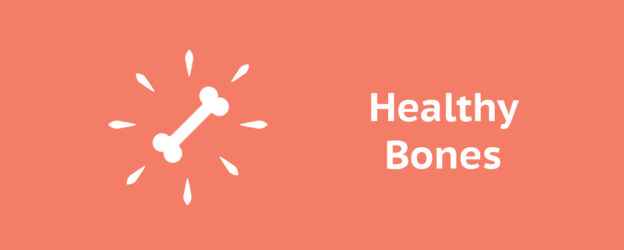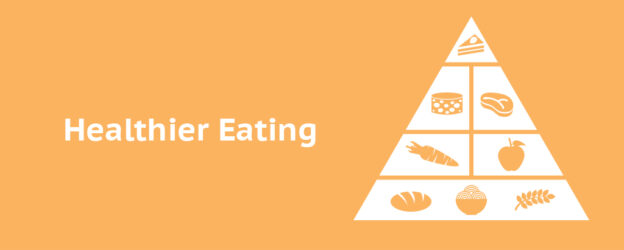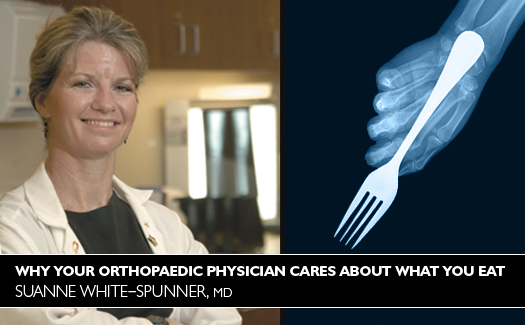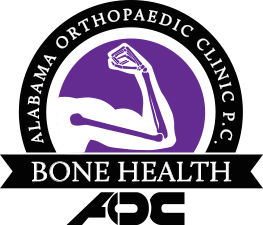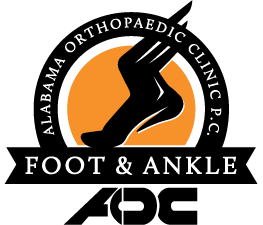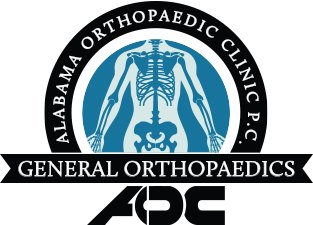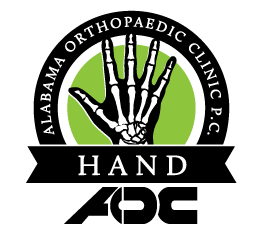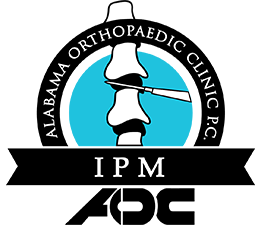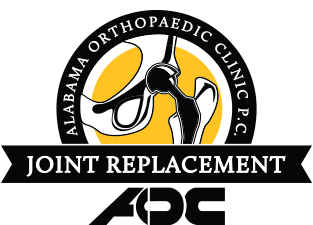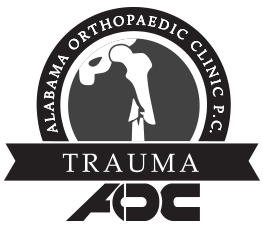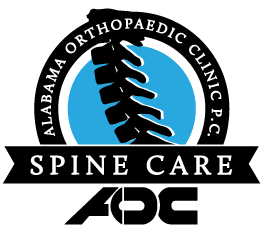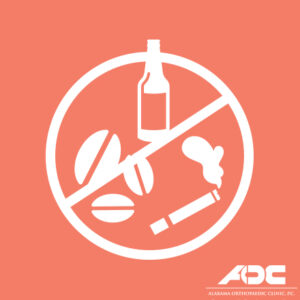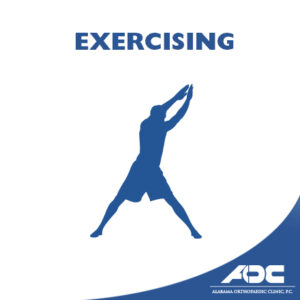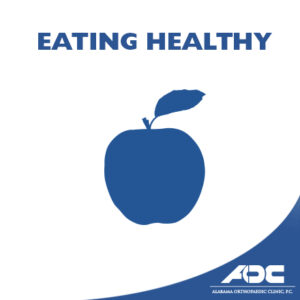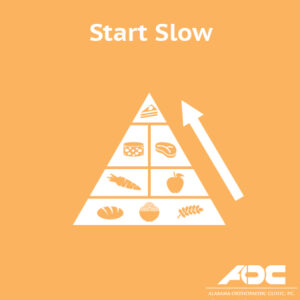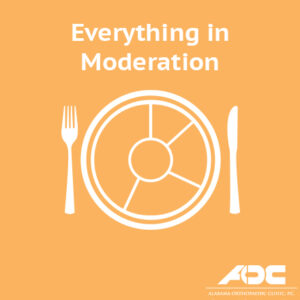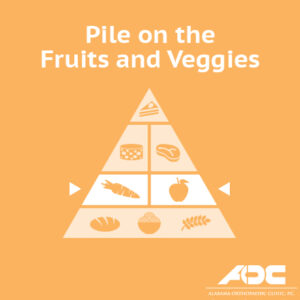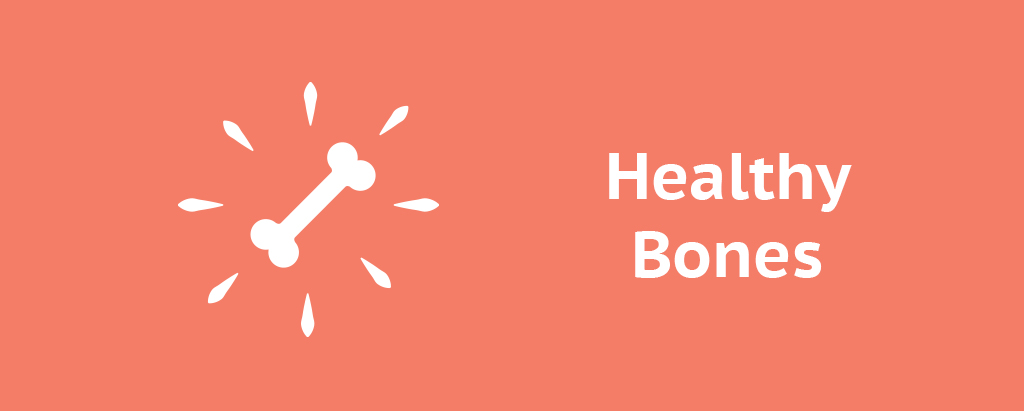
If we’ve said it once, we’ve said it a hundred times, but having healthy bones is very important. AOC knows everyone is busy but making sure you have healthy bones is not a hard task. Here we have 6 easy tips to follow for strong bones:
1. Be sure to have plenty of calcium.
Calcium is a mineral our bodies need in order to live. Our bodies don’t produce calcium so it’s important to eat foods with calcium in them or the body takes it from other places, like your bones. Eat plenty of green vegetables or foods high in calcium, and make sure you get the allotted daily amount. How much do you need? Use this calcium calculator to find out: http://www.iofbonehealth.org/calcium-calculator
2. Also, Vitamin D.
Calcium and Vitamin D go together because your body requires Vitamin D to absorb the calcium. Kids need it to build strong bones and adults need it to keep their bones healthy. So how do you get Vitamin D? Sunlight, food or supplements. Foods that have Vitamin D are fatty fish, and some dairy products or orange juices.
3. Vitamin K is important as well.
Vitamin K helps the calcium bind to the bone matrix. So having the proper amount along with Vitamin D is integral to the calcium intake. Dark green vegetables, like spinach, kale and turnips have Vitamin K, so eat plenty of veggies with your meals.
4. Potassium; your natural protector.
Potassium works to protect your bones against the metabolic acids in your body. So having enough helps protect your bones from breakdown. You can get most of your potassium from eating fruits, vegetables, seeds and certain spices.
5. Exercise those bones.
Bone is a living tissue that strengthens through exercise, along with getting the right amount of nutrients. Adults and children who exercise usually have higher bone density and strength, protecting them from breaks and fractures. So get up and get moving! Try some of these easy exercises.
6. Cut out these things- caffeine, alcohol, and cigarettes.
All 3 of these things can hinder calcium absorption into your bones, thus making them weak.
Next time you think about what you are going to eat for dinner, try to remember which foods contain the right nutrients that are good for your bones. If it helps, make a cheat sheet and take it with you, so you know what to buy from the grocery store or order from the restaurant. If you feel you are not getting enough of these nutrients, try taking daily supplements.
If you need help in a specific area or want an expert opinion, give us a call at Alabama Orthopaedic Clinic, 251-410-3600, or visit us at www.alortho.com.
Like AOC on Facebook
Follow AOC on Twitter
